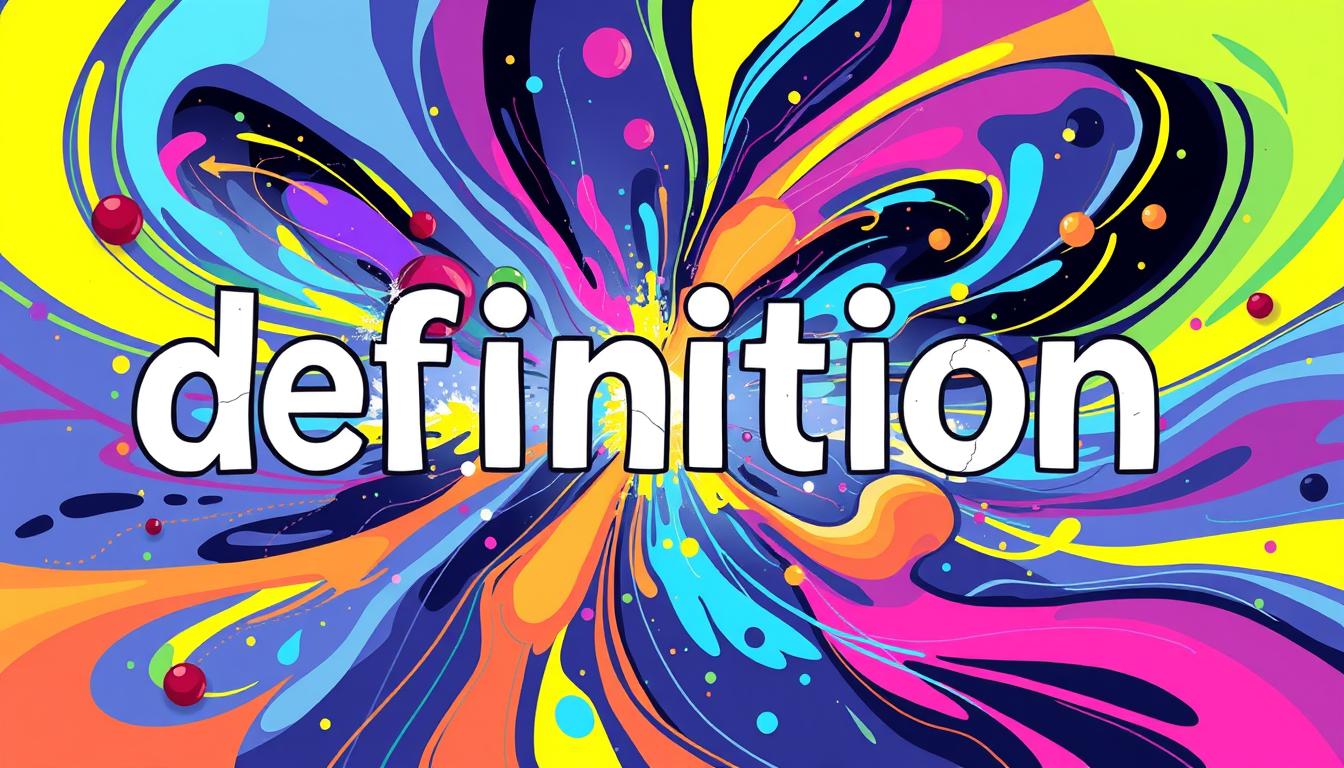Titles are more than just labels. They are powerful identifiers that shape our perceptions and interactions. Whether it’s a literary work, a professional role, or a championship, titles carry immense significance. They convey information, establish hierarchies, and influence how we engage with content and individuals.
From the descriptive titles of literary masterpieces to the functional designations in professional settings, titles are essential. They can evoke emotions, spark curiosity, and even influence perceptions of authority and expertise. Titles are not merely labels, but powerful tools that can make or break success.
What Makes a Title Important in Modern Context
In today’s fast-changing digital world, titles play a big role in many fields. They are short but pack a punch, giving us a quick idea of someone’s job or what a product is. They are the first thing we see, and they tell us a lot.
Defining Title Characteristics
Good titles are clear, relevant, and grab our attention. For example, “Vice President of Marketing” tells us right away about someone’s job in a company. A product title like “Lightweight Titanium Mountain Bike Pedals” helps us decide if we want to buy it.
Role of Titles in Different Industries
Titles are very important in certain areas. In movies and books, a great title can make a big difference. In schools and courts, titles show who’s the expert. Across industries, titles are key for getting noticed and moving up in your career.
Impact on Professional Recognition
Choosing the right title can change how others see you. For instance, “Certified Financial Planner” sounds more reliable than “Financial Advisor.” Titles that match industry standards can boost your reputation, opening doors to new chances and better jobs.
Main Keyword: Unlocking the Power of Titles
In today’s fast-paced digital world, titles are key to grabbing attention and achieving success. Whether you’re writing a book, naming a product, or boosting your online presence, the right title optimization strategy is crucial.
Good titles attract readers, customers, and collaborators. A well-chosen title leaves a lasting impression, drawing in audiences and paving the way for success. For example, Title Boxing equipment or Title MTB, the brand name itself is a symbol of quality and performance.
In the digital era, title creation and title strategy are vital for SEO. Optimized titles make your content stand out in search results, boosting visibility and organic traffic. By using relevant keywords and crafting catchy headlines, you increase your chances of being found by your target audience.
Whether you’re an author, business owner, or professional looking to boost your online presence, unlocking the power of titles can change the game. By focusing on a strategic title optimization approach, you can enhance your brand, engage your audience, and open up new opportunities for success.

| Effective Title Strategies | Key Benefits |
|---|---|
| Incorporating Relevant Keywords | Improved search engine visibility and organic traffic |
| Creating Captivating Headlines | Enhanced audience engagement and click-through rates |
| Maintaining Brand Consistency | Strengthened brand recognition and credibility |
| Adapting to Industry Trends | Staying relevant and meeting evolving audience expectations |
By using the power of title optimization, effective titles, and strategic title creation, you can unlock new opportunities for success. Remember, the right title can be the key to unlocking your full potential in today’s competitive landscape.
Different Categories of Title Applications
Titles have many uses across various fields, from business to entertainment and education. Exploring these different uses can help us understand how titles shape our professional and personal images.
Professional and Corporate Titles
In business, titles like Chief Executive Officer or Director of Operations show who’s in charge. They highlight a person’s leadership and decision-making skills. These corporate titles show a person’s expertise and influence in their field.
Entertainment and Media Titles
The entertainment world uses titles to grab attention, like for movies, books, and TV shows. Entertainment titles like “KRONK Boxing Gym Leather Training/Sparring Gloves” or “JS1 Saddle” mix brand identity with product details to attract customers.
Legal and Academic Titles
In law, titles like Attorney at Law or Judge are very important. They show a person’s education, professional standing, and legal knowledge. In education, titles like Professor or Dean highlight a person’s achievements and leadership in their field.
Understanding the different uses of titles can offer insights into professional recognition and personal branding. By knowing how titles work in various industries, people can use them to boost their visibility, authority, and career chances.

Title Evolution in Digital Age
The digital era has changed how we view titles. Online, titles need to grab attention and be SEO-friendly. Social media has introduced new title types, like influencer designations and hashtags. E-commerce has made product titles key, as seen with Title Boxing and Title MTB’s online stores.
Now, digital job titles like “Social Media Manager” or “UX Designer” exist. These roles didn’t exist a few decades ago. The shift in titles shows how communication, commerce, and work have changed in our connected world.
With digital titles on the rise, online title optimization is more important. SEO titles that use the right keywords and grab attention are key. Google and social media now favor titles that offer value and relevance.
This change has also mixed personal and professional identities. People now shape their online personas with titles that show their skills, interests, and goals. This shows how titles shape our digital identities and personal brands today.











